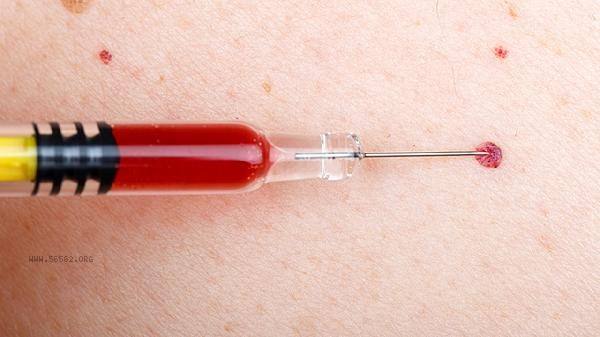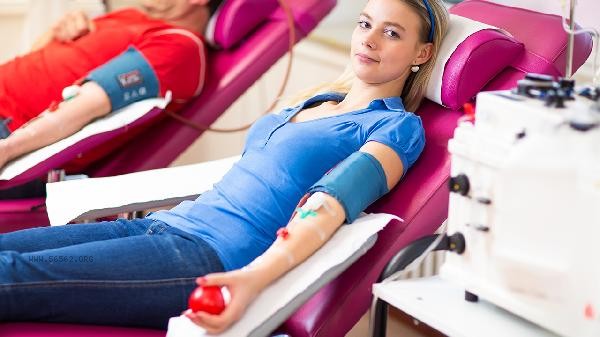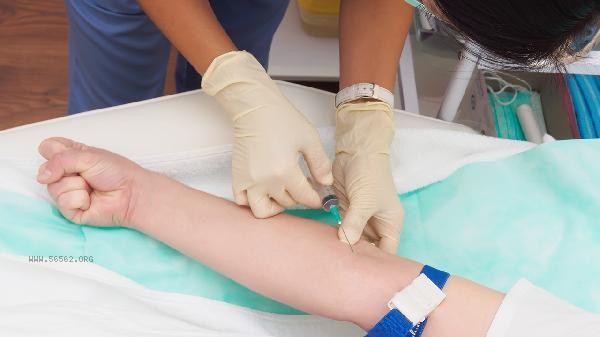Blood tests for four cardiac functions require fasting for 8-12 hours. The four cardiac functions include troponin, brain natriuretic peptide, creatine kinase isoenzyme, and lactate dehydrogenase. Fasting can avoid interference from diet on indicators such as blood lipids and blood sugar, ensuring the accuracy of test results.

1. Fasting requirement:
Before the four cardiac function tests, it is necessary to strictly fast for 8-12 hours, during which only a small amount of water can be consumed. Under fasting conditions, the blood composition is stable and can truly reflect the level of myocardial injury markers. If blood is drawn after eating, the fat in the food may cause serum turbidity, affecting the determination of indicators such as troponin.
2. Dietary interference:
A high-fat diet can temporarily increase triglycerides, leading to an increase in serum chylomicrons, which may mask the detection signal of creatine kinase isoenzyme. Sugary drinks may cause fluctuations in blood sugar levels, indirectly affecting the secretion levels of brain natriuretic peptides. It is recommended to have a light diet the night before and avoid drinking alcohol.
3. Timing of testing:

Patients with acute chest pain should immediately undergo testing for all four cardiac functions, and there is no need to consider fasting requirements at this time. For routine screening or re examination, it is recommended to choose the morning fasting period for blood sampling. If testing is still required after ingestion, the doctor should be informed of the specific situation, and blood collection may be delayed for 6 hours if necessary.
4. Drug effects:
Some cardiovascular drugs such as statins may slightly reduce creatine kinase levels, but usually do not affect clinical judgment. Before testing, essential medications such as antihypertensive drugs should be taken normally to avoid risks caused by unauthorized discontinuation of medication. Antibiotics and hormone drugs may interfere with the results, and it is necessary to communicate the medication history with the doctor in advance.
5. Special population:
The fasting time of diabetes patients should not exceed 12 hours to prevent hypoglycemia. Pregnant women can relax their fasting requirements appropriately when testing for brain natriuretic peptide. Children can consult a doctor before drawing blood to see if they need to adjust their fasting duration, usually 6-8 hours.

After completing the four cardiac function tests, you should take food in time, and give priority to digestible carbohydrates such as Mantou and Congee, with appropriate protein. Avoid immediately consuming high-fat foods to prevent dizziness. Long term cardiovascular disease patients are recommended to regularly check their heart function indicators, maintain a low salt and low-fat diet, engage in moderate aerobic exercise such as brisk walking and swimming, and control their weight and blood pressure. If the results are abnormal, further examinations such as electrocardiogram and cardiac ultrasound should be conducted, and the cardiac function status should be evaluated by a specialist doctor.









Comments (0)
Leave a Comment
No comments yet
Be the first to share your thoughts!